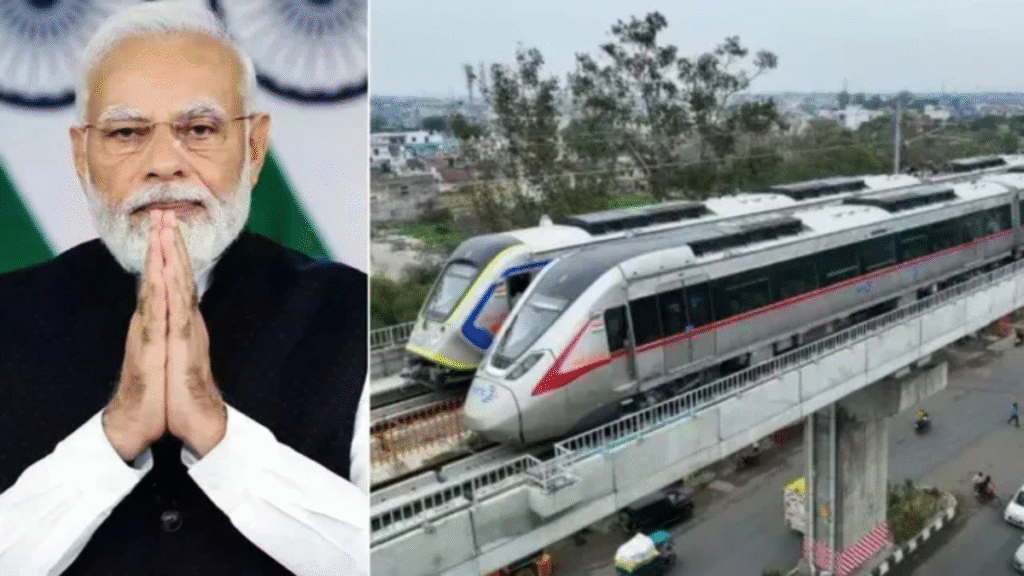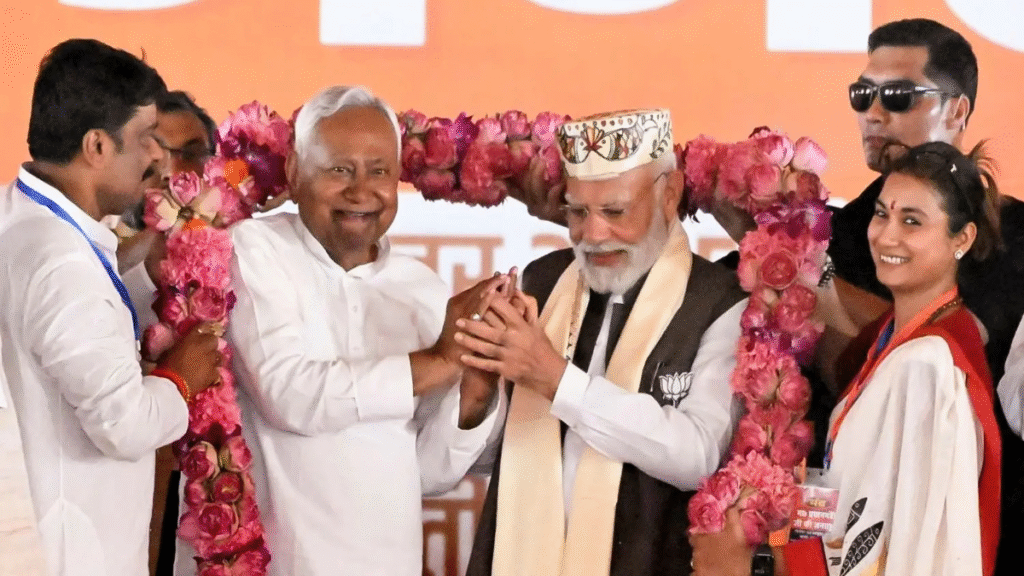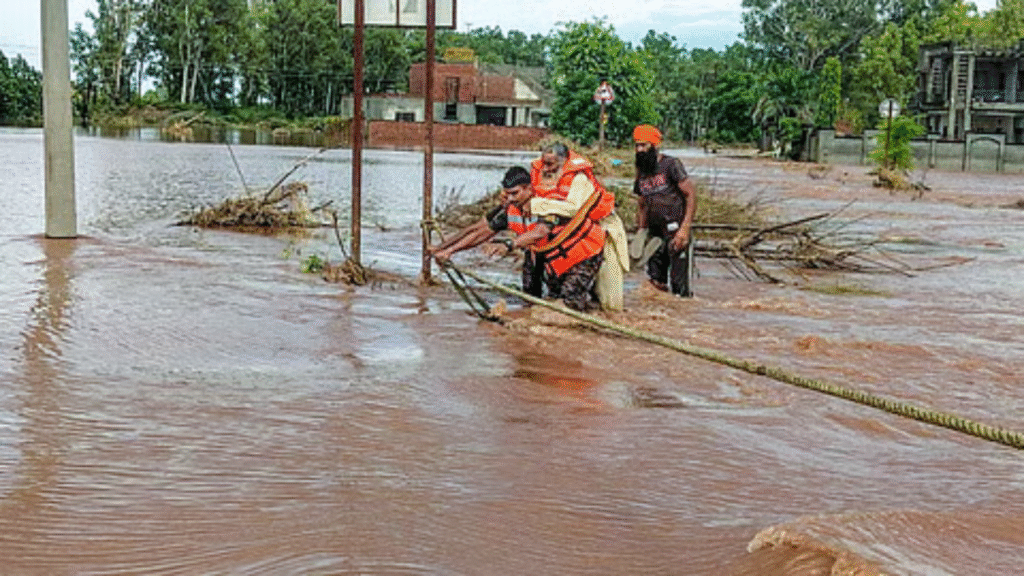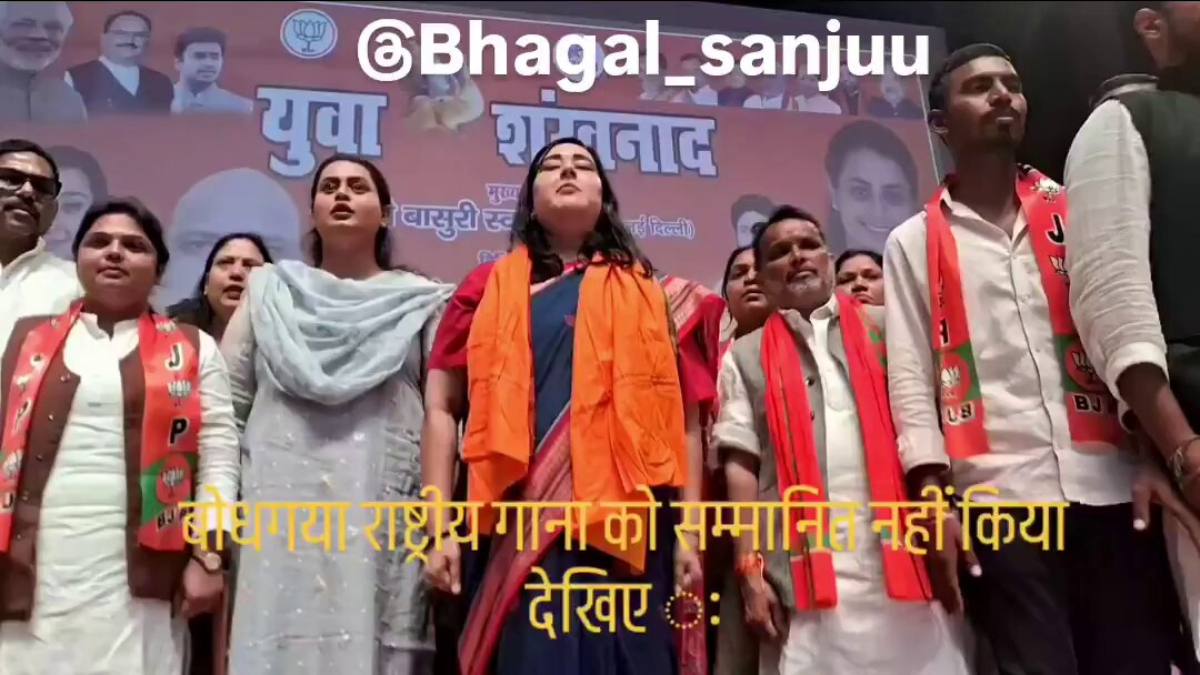Now Reading: “Oli Blames ‘Foreign Hands’ for Ouster, Warns of Threat to Nepal’s Sovereignty”
-
01
“Oli Blames ‘Foreign Hands’ for Ouster, Warns of Threat to Nepal’s Sovereignty”
“Oli Blames ‘Foreign Hands’ for Ouster, Warns of Threat to Nepal’s Sovereignty”
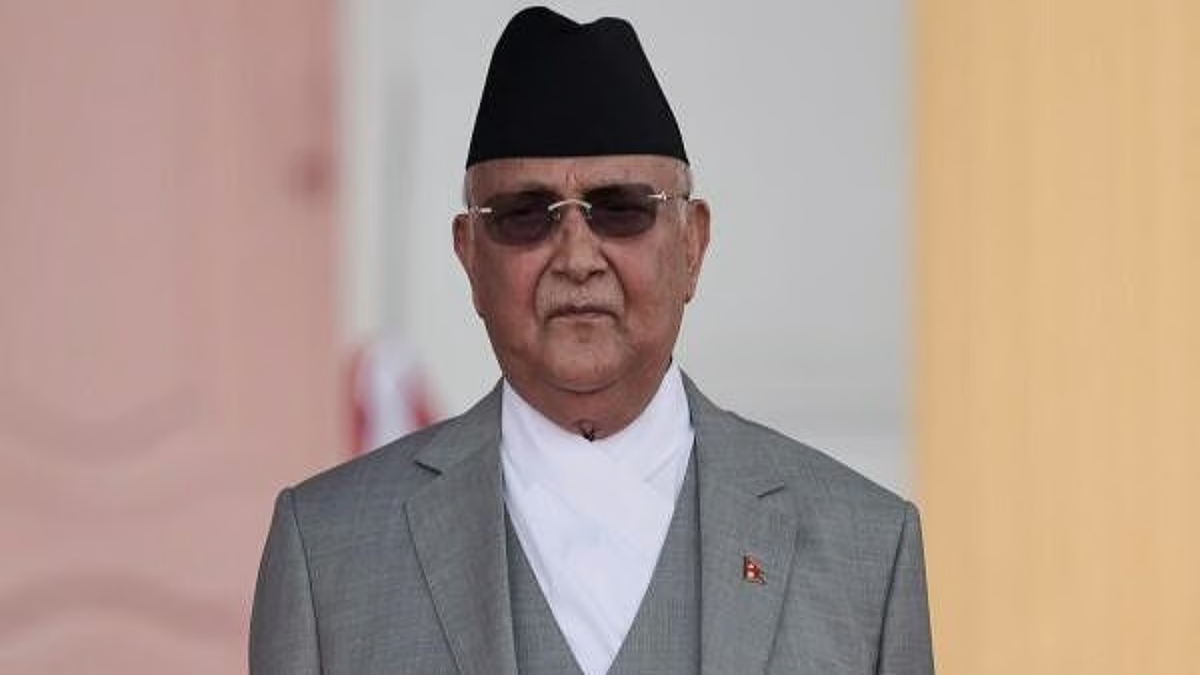
In his first public statement since being ousted as Prime Minister, Nepal’s former leader KP Sharma Oli has launched a scathing critique that, while not explicitly naming India, takes a clear shot at the nation and warns of a grave threat to Nepal’s sovereignty. The comments, made via a Facebook post on Nepal’s Constitution Day, reflect the deep-seated political tensions and nationalist sentiments that have often defined Kathmandu’s relationship with New Delhi.
Oli’s statement harks back to the 2015 blockade that followed the promulgation of Nepal’s new constitution. Although India consistently denied any official role, the blockade, which caused severe shortages of essential goods, was widely blamed on New Delhi. In his post, Oli wrote that the constitution was issued “overcoming the blockade and the challenges arising over the country’s sovereignty,” a pointed reference that serves as a thinly veiled accusation against India.
He further linked the blockade to a strategic shift in Nepal’s foreign policy and infrastructure development, highlighting his government’s push to diversify trade and connectivity. “After the constitution was issued, transport structures connecting the north and south were built to ground the landscaped country so that no one could block Nepal,” he wrote. This statement directly alludes to his administration’s efforts to enhance relations and establish trade agreements with China, most notably the 2016 Transit and Transport Agreement, which was seen as a move to reduce Nepal’s historical dependence on India.
The former Prime Minister’s comments come in the wake of a period of immense political instability in Nepal, including widespread youth-led protests that ultimately led to his resignation. While Oli’s post also addressed the domestic unrest, including his claims that peaceful protests were infiltrated by “conspirators” who incited violence, his focus on sovereignty and external threats is a classic move to appeal to nationalist sentiments. He called for “all generations of Nepalese” to unite to “face the attack on sovereignty and protect our constitution.”
Oli’s tenure was marked by a strong pro-China stance and a more assertive position towards India, particularly on border disputes. His government released a new political map of Nepal that included territories claimed by India, a move that significantly strained bilateral relations. By framing his ouster as a result of a broader conspiracy against Nepal’s sovereignty, Oli appears to be laying the groundwork for a political comeback, leveraging anti-India sentiment to rally support. His remarks about his unyielding stance on issues like the birthplace of Lord Ram and border claims also reinforce this nationalist narrative.
The political dynamics in Nepal have long been influenced by the delicate balancing act between its two giant neighbors, India and China. While New Delhi has historically enjoyed a unique relationship with Kathmandu rooted in shared cultural and religious ties, China has rapidly increased its economic and political footprint in the Himalayan nation, particularly through Belt and Road Initiative (BRI) projects. The recent political upheaval, with the appointment of a new interim government and India’s quick outreach to the new leadership, highlights the continued geopolitical maneuvering for influence in the region.
Oli’s statement, therefore, is more than just a political reaction to his ouster; it is a calculated effort to frame the recent events within a narrative of external interference and a call to action for the preservation of national identity. It underscores the ongoing complexities of Nepal’s foreign relations and the enduring legacy of the 2015 blockade in shaping the country’s political discourse and its view of its southern neighbor.

